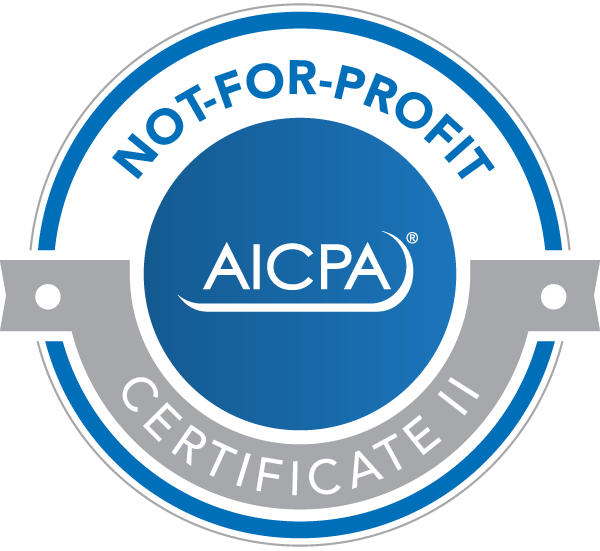If you’re planning to sell assets at a loss to offset gains that have been realized during the year, it’s important to be aware of the “wash sale” rule.

How the rule works
Under this rule, if you sell stock or securities for a loss and buy substantially identical stock or securities back within the 30-day period before or after the sale date, the loss can’t be claimed for tax purposes. The rule is designed to prevent taxpayers from using the tax benefit of a loss without parting with ownership in any significant way. Note that the rule applies to a 30-day period before or after the sale date to prevent “buying the stock back” before it’s even sold. (If you participate in any dividend reinvestment plans, the wash sale rules may be inadvertently triggered when dividends are reinvested under the plan, if you’ve separately sold some of the same stock at a loss within the 30-day period.)
Keep in mind that the rule applies even if you repurchase the security in a tax-advantaged retirement account, such as a traditional or Roth IRA.
Although the loss can’t be claimed on a wash sale, the disallowed amount is added to the cost of the new stock. So, the disallowed amount can be claimed when the new stock is finally disposed of (other than in a wash sale).
Here’s an example
Let’s say you buy 500 shares of XYZ Inc. for $10,000 and sell them on November 5 for $3,000. On November 29, you buy 500 shares of XYZ again for $3,200. Since the shares were “bought back” within 30 days of the sale, the wash sale rule applies. Therefore, you can’t claim a $7,000 loss. Your basis in the new 500 shares is $10,200: the actual cost plus the $7,000 disallowed loss.
If only a portion of the stock sold is bought back, only that portion of the loss is disallowed. So, in the above example, if you’d only bought back 300 of the 500 shares (60%), you would be able to claim 40% of the loss on the sale ($2,800). The remaining $4,200 loss that is disallowed under the wash sale rule would be added to your cost of the 300 shares.
If you’ve cashed in some big gains in 2019, you may be looking for unrealized losses in your portfolio so you can sell those investments before year end. By doing so, you can offset your gains with your losses and reduce your 2019 tax liability. But don’t run afoul of the wash sale rule. Contact us if you have any questions.
- Evaluate whether a Health Savings Account is beneficial to you - September 19, 2023
- Investment swings: What’s the tax impact? - September 12, 2023
- Plan now for year-end gifts with the gift tax annual exclusion - September 5, 2023
- Selling your home for a big profit? Here are the tax rules - August 29, 2023
- The tax consequences of employer-provided life insurance - August 22, 2023









